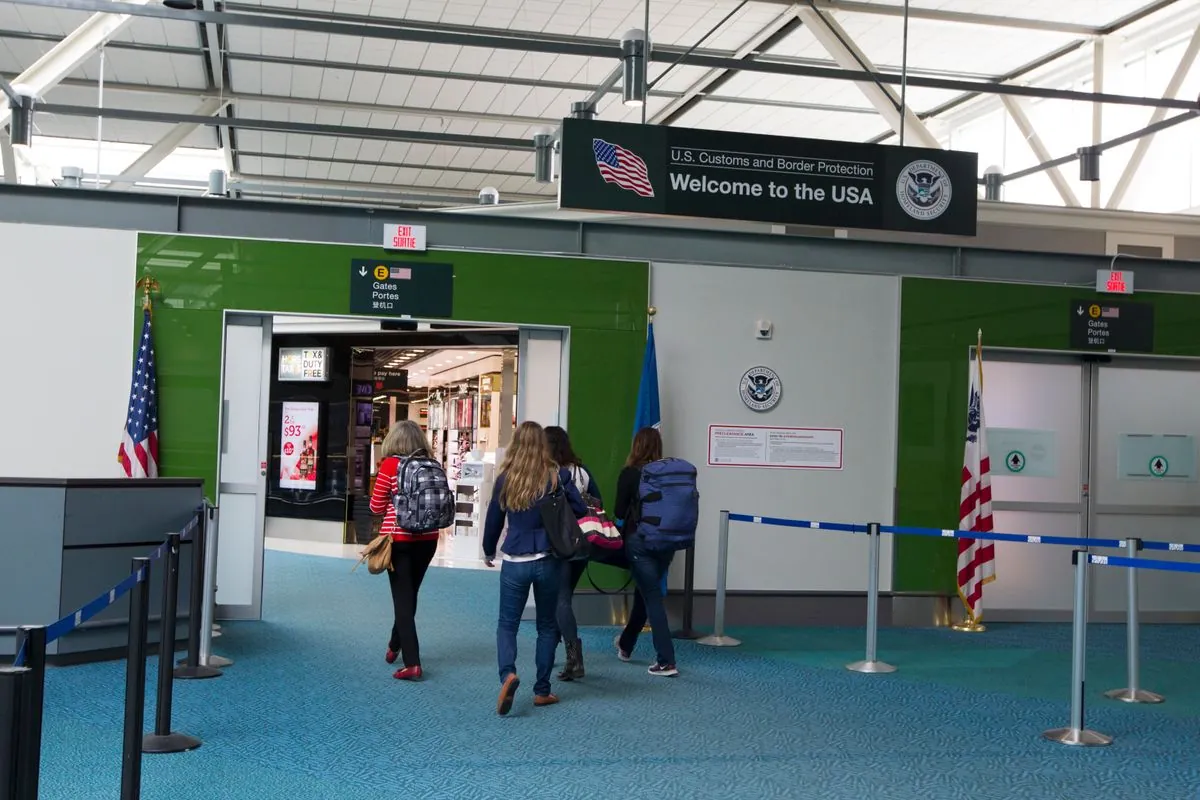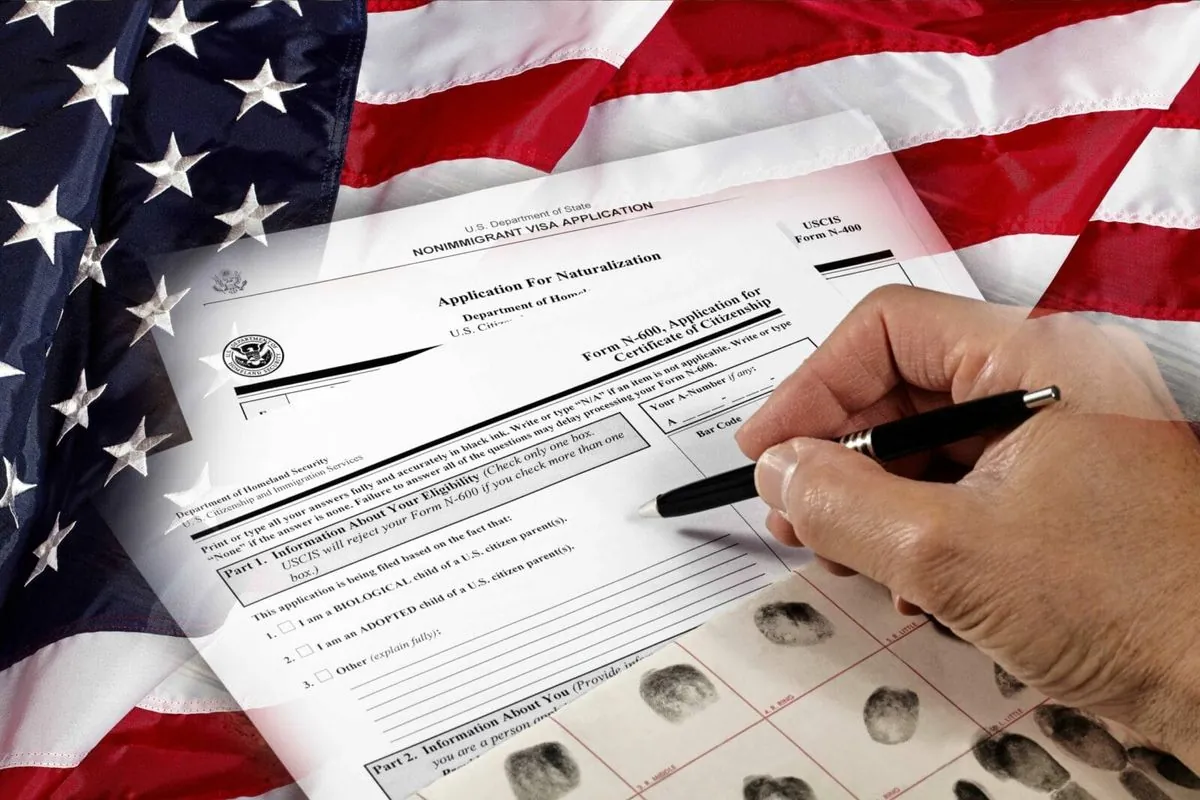Biden Administration Announces Expiry of Immigrant Parole Program
The US government declares the end of a two-year parole program for immigrants from four countries, urging them to seek alternative legal status or face potential deportation.

The Biden administration has announced the conclusion of a parole program for immigrants from Cuba, Haiti, Nicaragua, and Venezuela. This initiative, launched in 2022 for Venezuelans and extended to the other nationalities in 2023, aimed to reduce illegal border crossings by providing a legal entry pathway through sponsorship.
Under this program, over 530,000 individuals entered the United States as of August 2024. The Department of Homeland Security (DHS) has stated that those who entered through this program must find alternative ways to stay or leave the country when their two-year permits expire.

The parole program, created under federal authority established in 1952, has been utilized more extensively by Biden than any previous president. It allows the executive branch to admit people on an emergency basis who aren't otherwise eligible to enter the United States.
DHS officials report a 99% reduction in illegal crossings from these four countries since the program's inception. The program continues to admit up to 30,000 new applicants monthly, demonstrating its ongoing significance in managing immigration flows.
"This two-year period was intended to enable individuals to seek humanitarian relief or other immigration benefits for which they may be eligible, and to work and contribute to the United States."
Immigrants have several options to extend their stay, including applying for asylum or other legal protections. For instance, Cubans can apply for permanent residency under the 1966 Cuban Adjustment Act, putting them on a path to US citizenship. Additionally, Venezuelans and Haitians are eligible for Temporary Protected Status (TPS), allowing them to stay until September 2025 and February 2026, respectively.
TPS, created by Congress in 1990, provides temporary residence for 6-18 months to individuals from countries facing emergencies such as war or natural disasters. As of September 2024, over 544,000 people from Venezuela and Haiti have been granted this status.
The announcement has sparked political debate. Republicans criticize the administration for appearing to crack down on immigration weeks before the presidential election, where it's a key issue. Conversely, immigrant advocates worry about potential deportations, particularly for Venezuelans.
However, experts suggest that only a small number of individuals may face immediate risk of losing their parole status. Even those potentially facing deportation proceedings may remain in the US for years due to severe backlogs in immigration courts and difficulties in repatriating to certain countries, such as Nicaragua, whose authoritarian government doesn't readily cooperate with US deportations.
The parole program experienced a brief suspension in 2024 due to fraud concerns but was reinstated in August with enhanced safeguards. As the program evolves, it continues to play a crucial role in US immigration policy, balancing humanitarian concerns with border security imperatives.


































